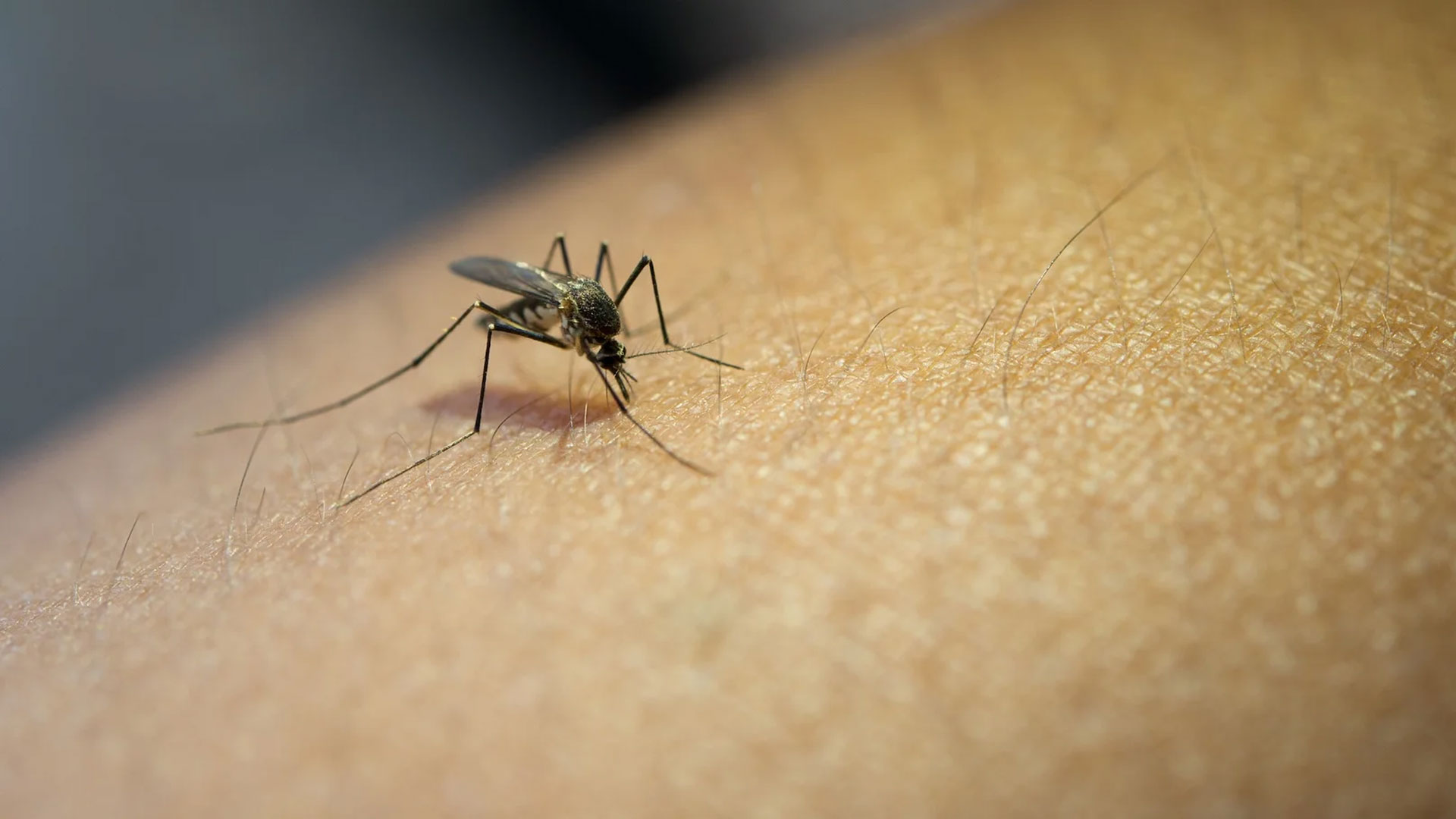
Child health is not merely the absence of illness, it is a multi-dimensional state, strongly influenced by the child's environment, family, and societal conditions. The health status of children often relies on caregiver reports, underscoring the need for reliable and multidimensional health measures. These measures are crucial in evaluating the effectiveness of medical and social interventions aimed at improving child health.
The critical developmental stage for children spans from conception to the age of eight. This phase is characterized by rapid growth, significant neurological development, and learning. During this phase, children need proper physical and emotional care to achieve optimal development and maintain good health. Infants and young children are Highly prone to sickness and diseases. This heightened susceptibility arises from their still-developing immune systems, rapid physical and cognitive growth, and behaviors such as thumb-sucking and crawling, which increase their exposure to germs. As children at this age cannot make rational decisions about hygiene standards, it falls to their caregivers to minimize their exposure to harmful bacteria and viruses to safeguard their health and prevent illnesses.
Family dynamics and the surrounding environment are crucial in shaping a child's health and development. Parental attitudes, behaviors, and the ability to ensure basic needs and emotional support play a significant role in determining a child's health outcomes. The family's socioeconomic status, education level, and overall well-being are also important factors. It is essential to consider these determinants when assessing a child's health, as they can have lasting impacts on their physical and emotional development.
Social determinants such as class, race, and economic status significantly influence children's health. These factors create a social gradient in health outcomes, with disparities evident in access to healthcare, quality of care, and overall health status. Addressing these disparities is essential for ensuring equitable health outcomes for all children.
Chronic conditions, including both physical health problems like asthma and psychological issues, are a key consideration in the health challenges of children. The presence and severity of these conditions can substantially affect a child's quality of life and functioning. Therefore, healthcare systems need to prioritize managing these conditions and consider their extensive impact on both families and society. In developing countries, a large portion of child mortality and morbidity is preventable. The three primary causes of hospital admissions in these regions are protein-energy malnutrition, respiratory infections, and diarrhea, accounting for 30-40% of all pediatric admissions. Following these are conditions like anemia, common childhood infections such as measles and pertussis, parasitic diseases (notably malaria and intestinal helminths), tuberculosis, and injuries from burns, accidents, and poisoning. These conditions collectively represent the majority of pediatric health challenges in the developing world. Hence, there's a pressing need for healthcare systems to address both chronic and acute health issues in children, focusing on prevention, effective management, and considering the broader societal impact of these health challenges.
Every infant and child have the right to good nutrition, a principle enshrined in the "Convention on the Rights of the Child." Undernutrition is linked to 45% of child deaths globally. In 2022, millions of children under five suffered from stunting, wasting, or were overweight or obese. Only 44% of infants aged 0–6 months are exclusively breastfed, with suboptimal feeding practices prevalent. The World Health Organization (WHO) and UNICEF recommend early and only breastfeeding for 6 months, followed by nutritionally adequate complementary foods, to improve survival rates and promote healthy growth. Breastfeeding offers many advantages for both mother and child. For children, breastfeeding protects against infections and chronic diseases, leads to higher IQs, and better school performance. For mothers, it helps in spacing pregnancies and reducing the risk of ovarian and breast cancer. In HIV-infected mothers, antiretroviral drugs enable safe breastfeeding with a reduced risk of HIV transmission. Global strategies focus on enhancing breastfeeding practices, training health workers, and supporting families, especially in challenging circumstances, to ensure optimal child nutrition and development.
Children's mental health encompasses a range of disorders, with conditions like “Attention deficit hyperactivity disorder” and autism often appearing in early childhood, while others such as depression and addiction appear during teenage years. The treatment and prognosis vary widely; some disorders improve with age or respond well to treatment, whereas others, like autism, are more persistent. A significant issue in the U.S. is the fragmented approach to children's mental health care, lacking in coordination and funding, making prevention programs challenging to implement. Current treatments tend to focus on symptom control rather than long-term outcomes in education and employment, leading to concerns that even successfully treated children may not perform as well in life as their peers without mental disorders. There is a growing debate over whether resources should be directed more towards individual treatment or broader preventive measures in high-risk child populations, such as minority children in disadvantaged neighborhoods.
Education plays a crucial role in enhancing child health outcomes. By educating both parents and children on health, nutrition, and mental wellness, informed decision-making is enabled, thereby empowering individuals and communities. This approach is particularly effective when schools and communities actively participate in spreading this knowledge. For instance, in the case of “Rheumatic Heart Disease” awareness and education have been identified as key factors in combating the disease. The lack of awareness and education, especially in the most affected communities, has led to underdiagnosis and inadequate treatment. Implementing educational programs, therefore, can significantly contribute to the prevention and management of such health conditions, underscoring the broader importance of health education in improving child health outcomes.
Szilagyi PG and Schor EL, The health of children. (1998).
Organization WH, Improving early childhood development: WHO guideline. 2020: World Health Organization.
Ebrahim G, Child health. (1984).
Victora CG, et al., Breastfeeding in the 21st century: epidemiology, mechanisms, and lifelong effect. (2016).
Rollins NC, et al., Why invest, and what it will take to improve breastfeeding practices? (2016).
Cuellar A, Preventing and treating child mental health problems. (2015).
Bbaale E, Factors influencing childhood immunization in Uganda. (2013).
Zühlke LJ and Engel ME, The importance of awareness and education in prevention and control of RHD. (2013).

















